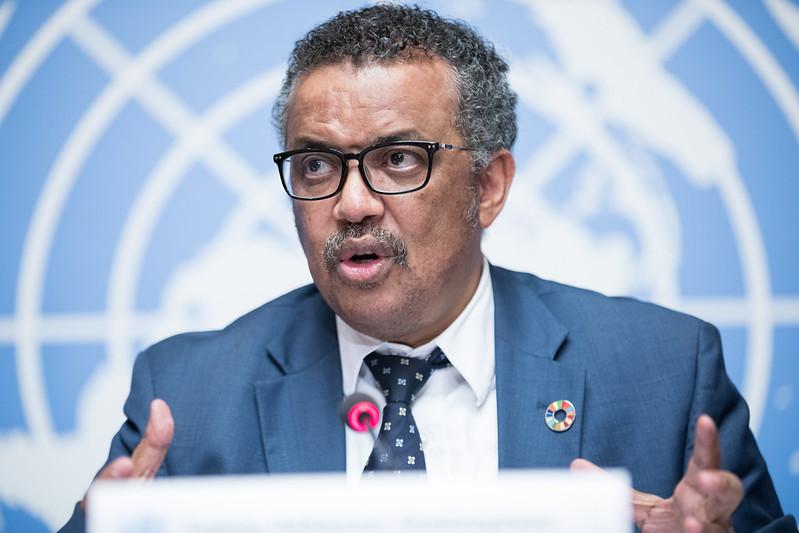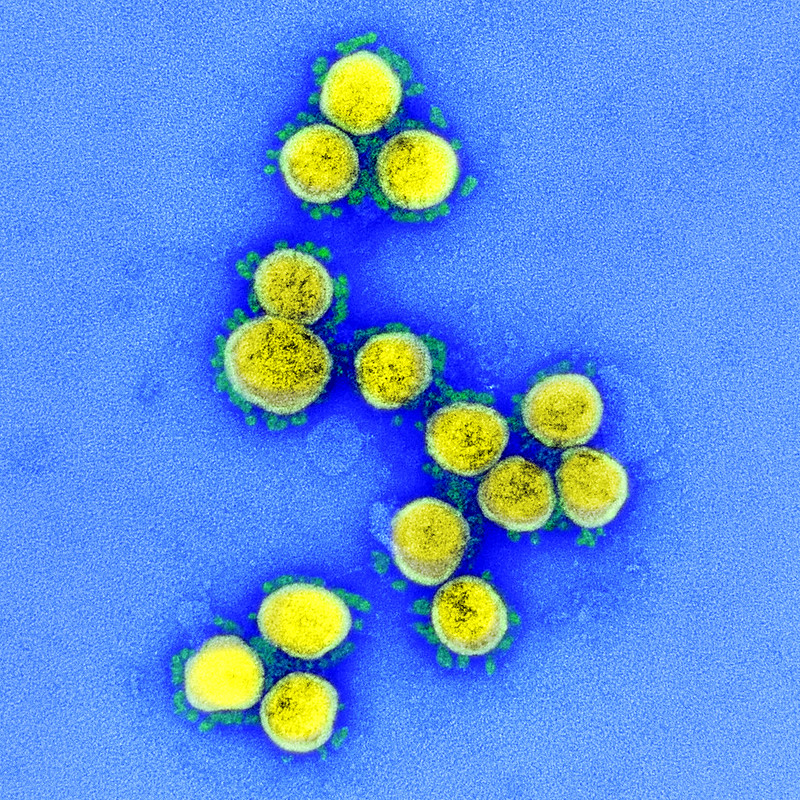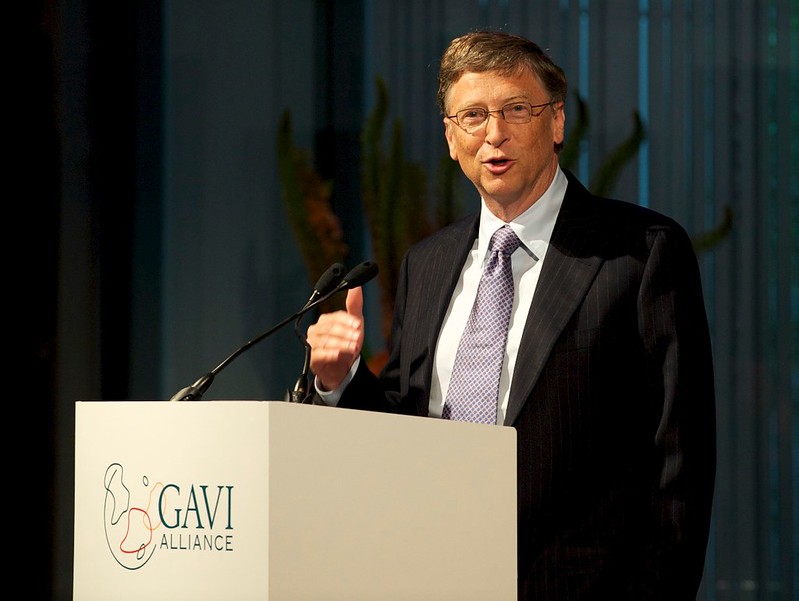An independent group that studied the origins of SARS-CoV-2 for the World Health Organization (WHO) published its full findings today, which said though most available and accessible scientific evidence supports a jump from animals to people, it can't rule out the second of the two main hypotheses, an accidental lab-related event.

The WHO appointed the group of 27 international experts, called the Scientific Advisory Group for the Origins of Novel Pathogens (SAGO), in November 2021. The group released its initial findings in June 2022 and has been meeting in closed sessions from November 2021 to this month.
At a media briefing today on global health issues, WHO Director-General Tedros Adhanom Ghebreyesus, PhD, said that, over the past 5 years, the world has learned a lot about COVID-19, but one crucial question remains: how it started. "Understanding how any outbreak, epidemic or pandemic starts is essential for preventing future outbreaks. It's also a moral imperative for the sake of those who lose their lives to them," he said.
Tedros acknowledged that not every SAGO member agreed on every point, which he expected. One member from Brazil resigned, and three left their names off the final report. The participants were from Russia, China, and Cambodia.
Tedros presses China, intelligence agencies for more data
China has shared some information, but not everything the WHO has requested, Tedros said. "Despite our repeated requests, China hasn't provided hundreds of viral sequences from individuals with COVID-19 early in the pandemic, more detailed information on animals sold at markets in Wuhan, and information on work done and biosafety conditions at laboratories in Wuhan."
He added that the agency is aware of intelligence reports by other governments, and the WHO has requested access to them. "Neither WHO nor SAGO has yet had access to these reports, or their underlying data. As things stand, all hypotheses must remain on the table, including zoonotic spillover and lab leak," he said, noting that the WHO continues to appeal to China and other countries that have information about the origins of SARS-CoV-2.













